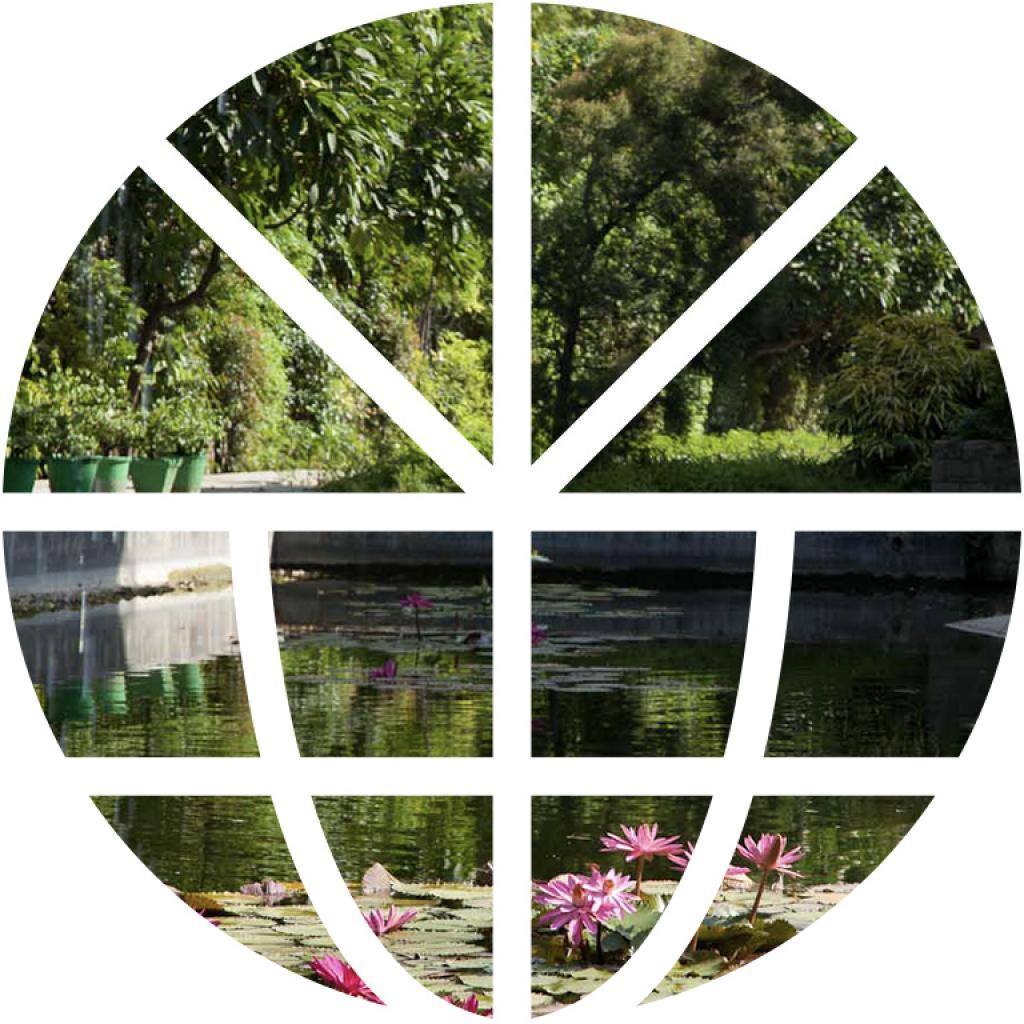Fiscal Federalism in India: Finance Commissions, Niti Aayog and the GST Council
21 May 2018, 05:30 am
Fiscal Federalism in India: Finance Commissions, Niti Aayog and the GST Council
Programme Type
Talks
Fiscal Federalism in India: Finance Commissions, Niti Aayog and the GST Council
Speaker: Shri V. Srinivas, IAS, Chairman, Board of Revenue for Rajasthan and Chairman, Rajasthan Tax Board, Ajmer
Chair: Dr. Sudipto Mundle, Emeritus Professor and Member of the Board of Governors of the National Institute of Public Finance and Policy, New Delhi; former member of the Fourteenth Finance Commission
Chair: Dr. Sudipto Mundle, Emeritus Professor and Member of the Board of Governors of the National Institute of Public Finance and Policy, New Delhi; former member of the Fourteenth Finance Commission
The lecture will focus on the impact of the implementation of the recommendations of the 14th Finance Commission on the development programmes of States, the working of GST councils as a notable example of cooperative federalism and the impact of Niti Aayog. It will also identify the challenges before the 15th Finance Commission as an instrument for strengthening Fiscal Federalism in India

